A Guide from [Ergono3D](https://ergono3d.com) — Healthcare MCP Platform
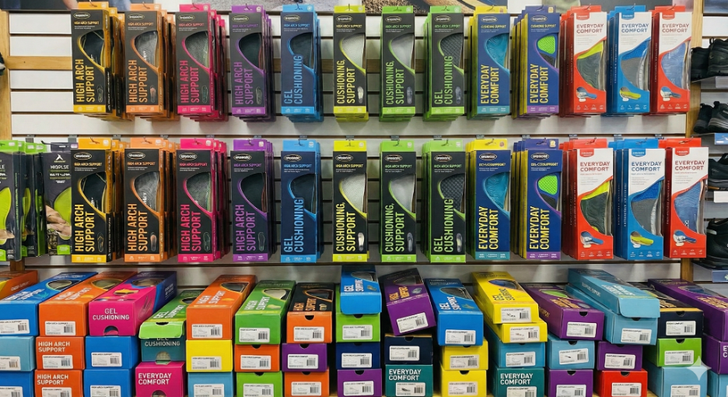


A Guide from [Ergono3D](https://ergono3d.com) — Healthcare MCP Platform
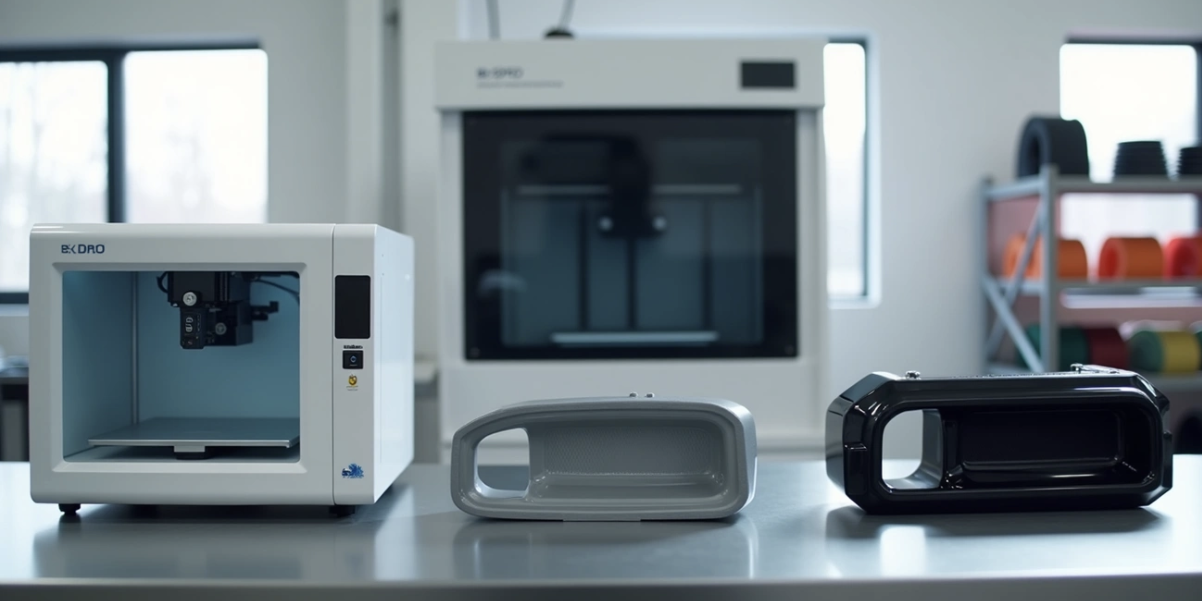
Discover how 3D printing transforms manufacturing from rapid prototyping to full-scale production while cutting costs, reducing lead times, and boosting innovation.

Sports fans have always looked for ways to bring the game home. Jerseys, scarves, and keychains line shelves around the world. But now, a different technology is letting people create memorabilia that feels personal and one-of-a-kind. 3D printing is giving fans the chance to design and produce their own keepsakes.

In an uncertain economic climate, learn how to generate a solid side income by selling your digital files or crafted objects through Cults3D. A simple, creative, and accessible solution for designers, makers, and digital creators. Sell your designs or monetize your creations.

3D printing has been around for a while now, and its influence on different industries can’t be measured. Its presence has been felt globally and it will continue to do the same in coming years too. Many industries have found ways to use 3D printers to their advantage, and one of those that was quick to adapt to this new technology was the gambling industry. While gambling and gaming industry wouldn’t be the first thing to cross your mind when talking about 3D printing, it’s true.

You’re probably familiar with the notion of 3D printing. After all, it has taken a few steps quite deep into many different industries. As you could have guessed it touched upon sports too. One sport where thanks to advancement of technology called additive manufacturing improvements were almost immediate is tennis. Today, you have access to 3D printed tennis rackets, dampeners, and many other pieces of equipment. Let’s take a look together how this technology aids in innovating the sport of tennis. Let’s first start with what is 3d printing, or the so-called additive manufacturing.
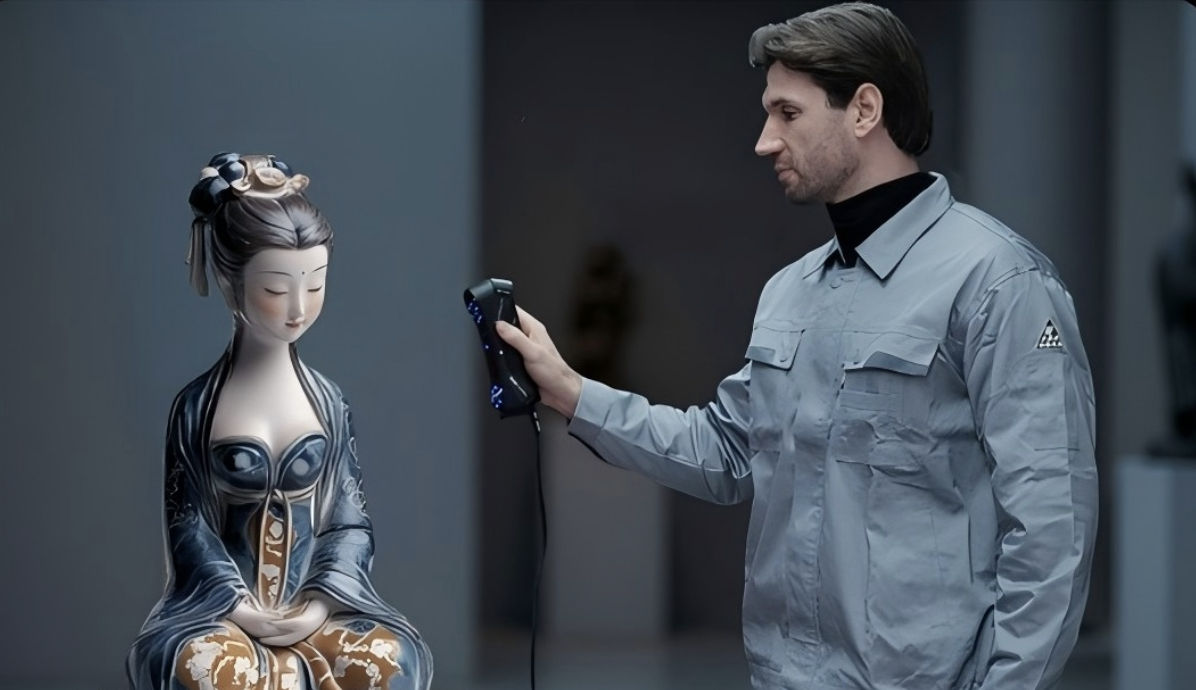
For many Cults3D designers and makers, the struggle is real—hours of painstaking tweaking, reworking scans, and wrestling with lost details can sap creativity and delay projects. The Creality[ Raptor Pro 3D Scanner](https://store.creality.com/products/creality-raptor-pro-3d-scanner?utm_source=ND&utm_medium=PR&utm_campaign=Cult3d) is here to change that, offering a streamlined solution that tackles common pain points head on.
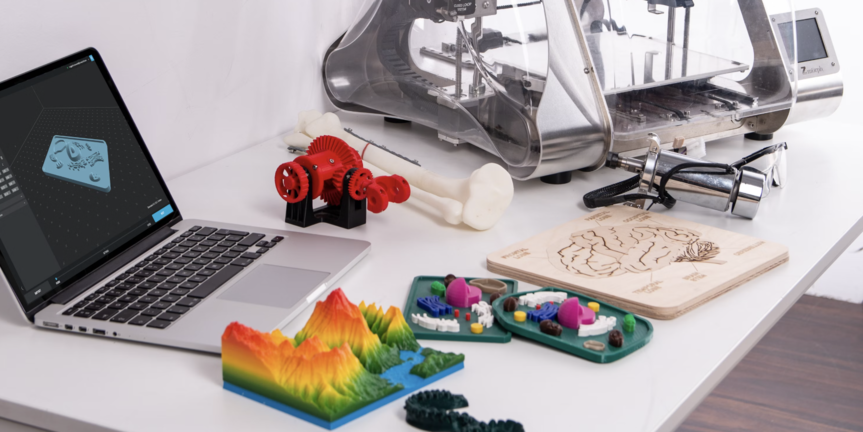
Having a healthy variety of digital hobbies may be great… but sometimes you may just want to actually be able to have a more tangible connection to them. This is where 3D printing can come in to bridge the gap and allow you to have a more tactile experience. So, if you’ve been chiefly relying on your screens to enjoy your hobbies, we’ve got a few ideas for you on how to change this.
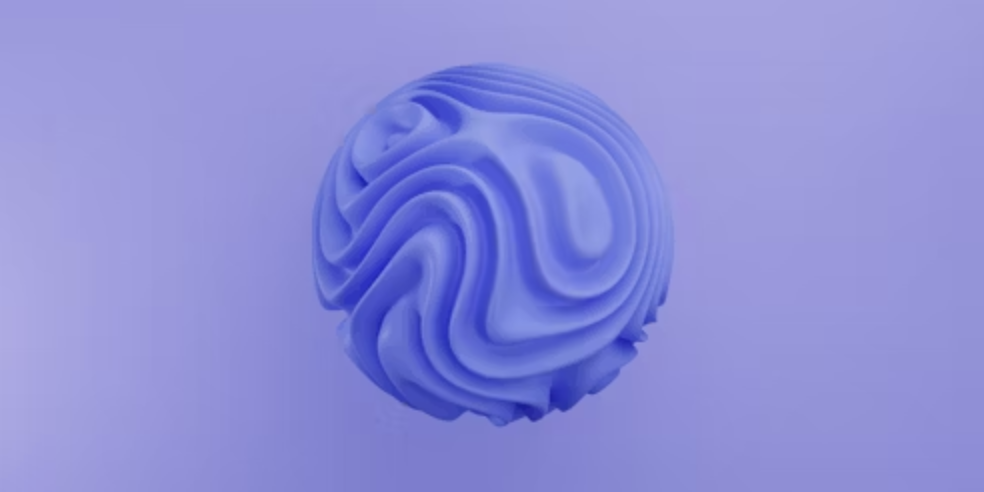
Tips to create better 3D models, and how to improve cognitive faculties to become a better modeler.
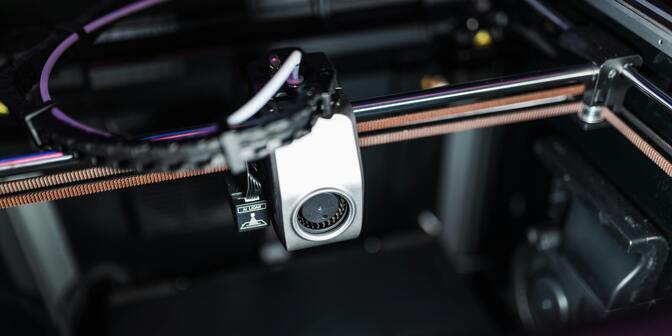
As 3D printing leaps forward, it’s no longer just a tool but a gateway into a world of custom creativity that’s breaking boundaries across industries.

3D printing has changed the way we design and manufacture objects, enabling the creation of unique items from the comfort of your home. While initially used primarily for industrial prototyping, the technology has now expanded into countless sectors, including home decor, medical devices, and even everyday functional tools. This article will explore several creative uses of 3D printing that have captured the imagination of enthusiasts and professionals alike.
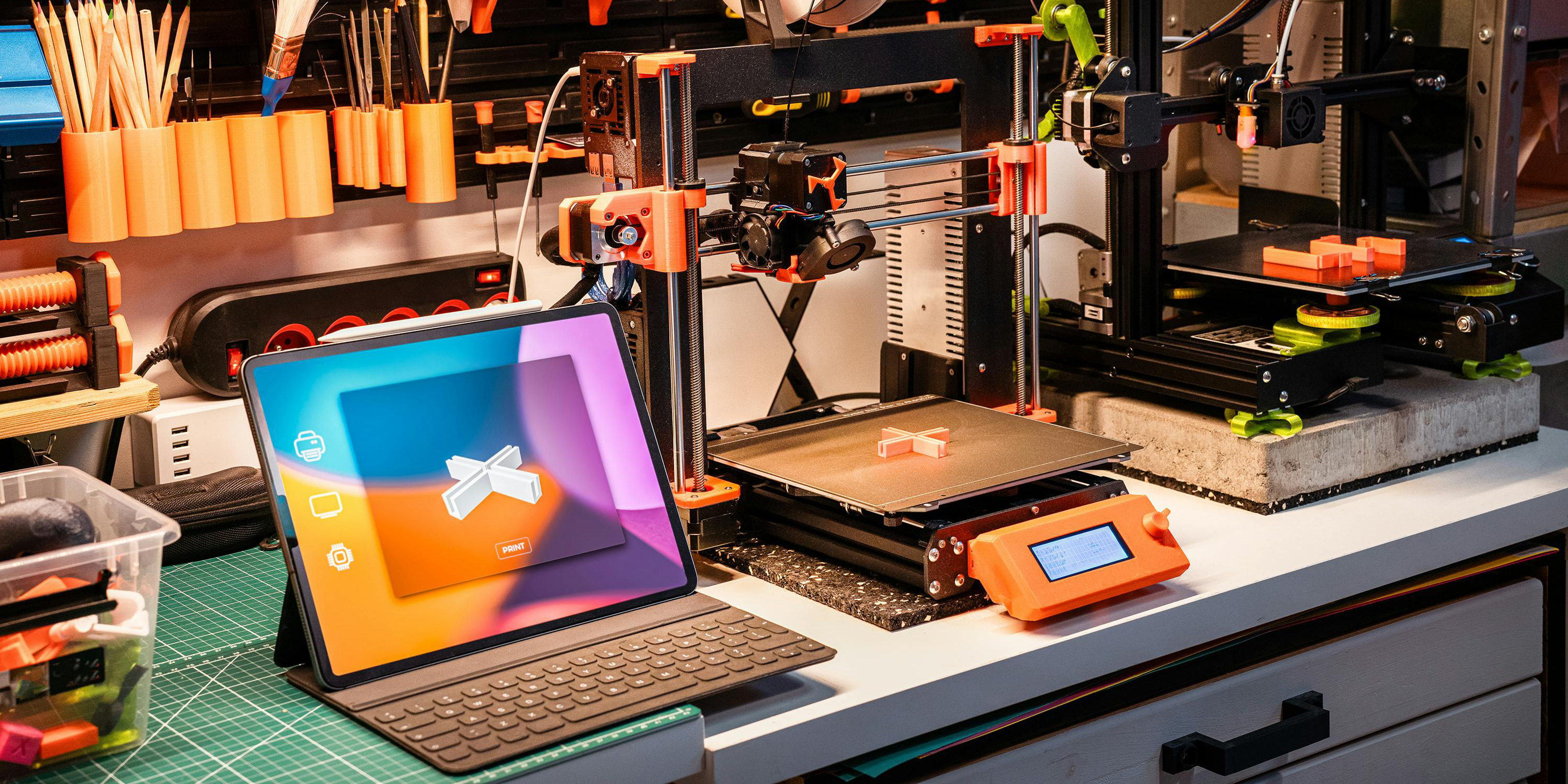
As we move towards 2025, 3D printing is set to revolutionize manufacturing and various other sectors even further. With continuous advancements in materials, automation, and integration with Industry 4.0, the scope of 3D printing is becoming limitless. Let’s dive into the cutting-edge trends that will shape the 3D printing landscape in the coming year.
Recent Comments